

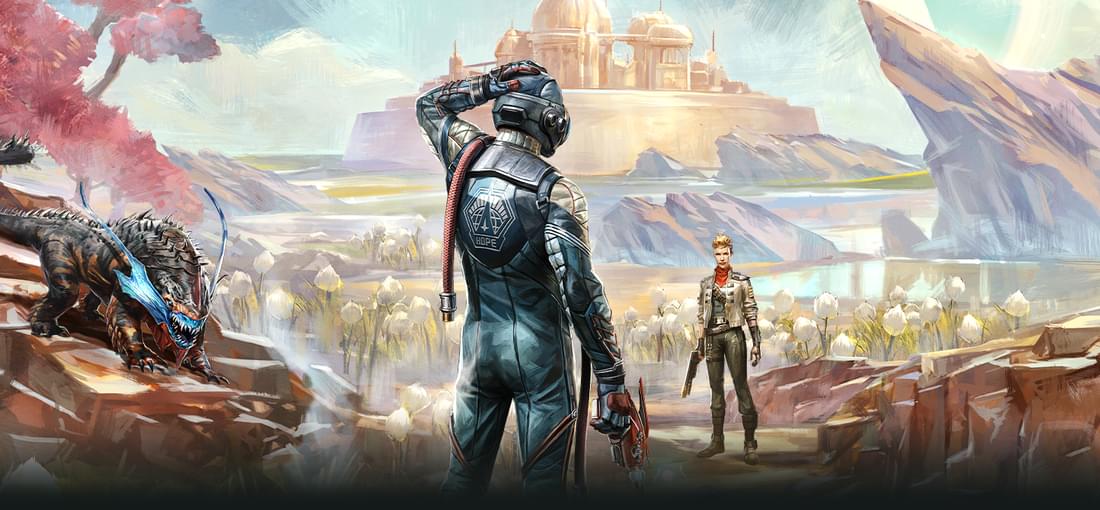
The Outer Worlds is an excellent RPG in the retro-futuristic setting with meaningful choices, intriguing plot, high-quality writing, diverse characters, and likeable companions. The controls are responsive and rebindable, the visual style and its technical implementation are beautiful, and the soundtrack and VA are good. My only complaint would be the itemisation - too many generic "Level X" items, too few unique ones.
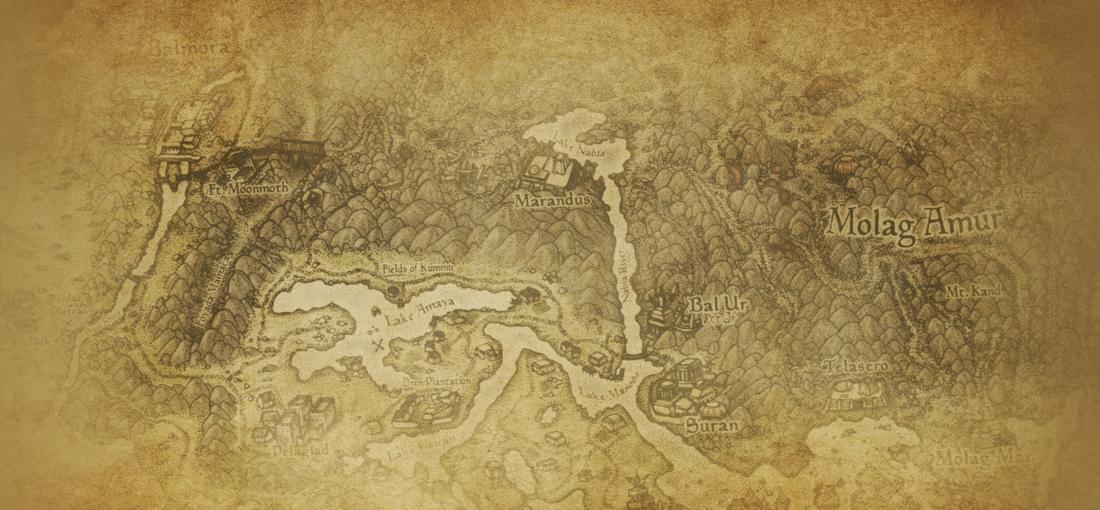
TESIII: Morrowind is a roleplaying game with character customisation, a world to explore freely, and factions to join. It is possible to complete the main story line without completing every quest in it, though the shortcut is present at only two specific points. Otherwise, the player does not have the ability to address the questions they might have realised by themselves without being prompted by a quest giver. The story explores the topics of historical ambiguity, free will, and destiny, and touches the themes of cultural identity, colonialism, and slavery. The world feels alive and not centred on the protagonist, though there are fewer options to affect it significantly. While the dialogue system has very light branching (Yes/No/Maybe) with the most prevalent option being “Continue”, it is possible to ask every NPC about different topics and receive answers, depending on the NPC’s opinion of the subject and the protagonist. Though, asking about X results in receiving the directions to X, instead of the opinion on X. There are few memorable characters with deep interactions. There are bugs and occasional crashes. Stat stacking with magic and alchemy is ridiculously and delightfully overpowered. There are in-game ways to travel, such as teleportation or caravans, but no dedicated fast-travel system from the map. The quest descriptions are reasonably detailed and allow to find the objectives without explicit map markers, while all relevant information is added to the Journal in order of acquisition with the options to sort it by topic or by quest. The combat system and the skill checks utilise the character’s skills, instead of the player’s. Those skills improve with use and the protagonist levels up upon increasing their 10 major or minor skills. The graphics are adequate, the soundtrack is fitting, and the VA is partial. The controls are rebindable, though for the settings to save, it might be necessary to set the “Morrowind.ini” file to Read-Only.
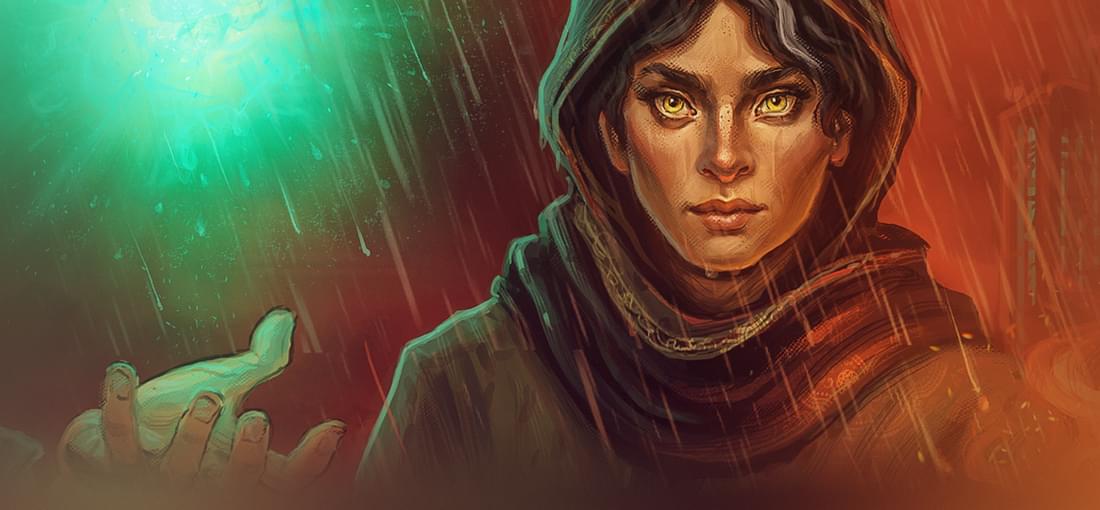
Unavowed is a point-and-click adventure game in the urban fantasy setting. There is some flexibility regarding the puzzles - the several companions to take on missions provide different options for the solutions. The puzzles themselves are mostly logical, though occasionally it is required for the player’s character to obtain information from NPCs before continuing, even if the player has understood the solution. Additionally, there are some options for the character customisation (name, gender, background) and the quest order and outcomes. The game can be played with mouse only, with the right mouse button to highlight interactive items and the left to interact with them. Also there are subtitles, full optional voiceover, optional hints, and manual saving in several (20+) slots. The controls are not rebindable, the settings kept resetting between game sessions.
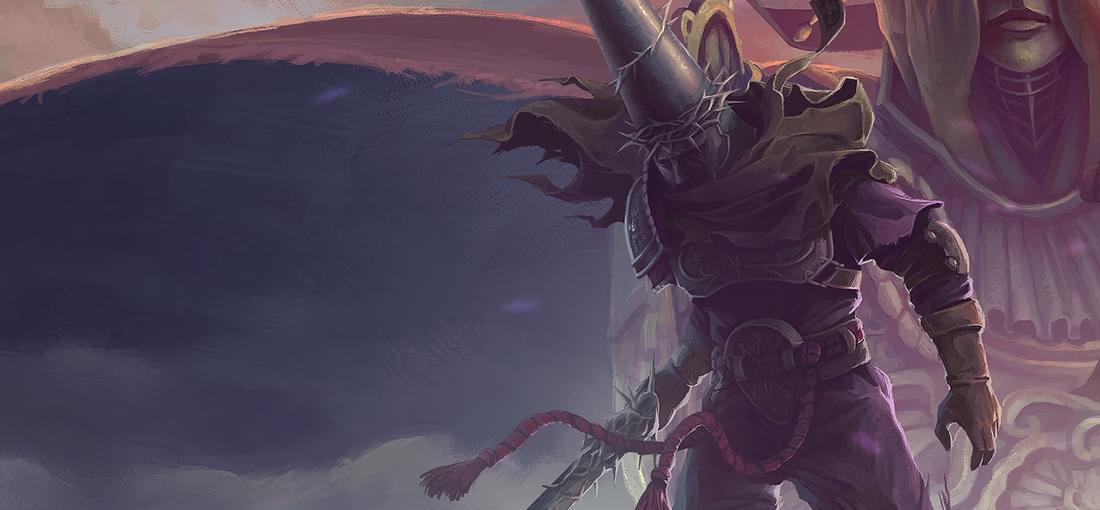
Blasphemous is an action-adventure/Metroidvania. The protagonist is the Penitent One whose goal is unknown until the epilogue, the world is generally a rather grim place filled with the undead and people enthusiastically engaging in self-harm. There are 3 endings. The combat is satisfying, including the ridiculously gory execution animations, which is encouraged by the game. The bosses and regular foes are diverse in appearance and behaviour, offering engaging and rewarding combat encounters. The location design is varied, with areas having environmental obstacles and hazards. The downside is the presence of instantly killing spike pits. The items providing traversal or non-combat abilities offer a significant benefit, though none of them is required to finish the game. Other aspects of the character upgrade system are health, mana (Fervour), the number and potency of the healing flasks, the attack power and moves, the spells (Prayers), and the number and setup of the passive abilities (Rosary Beads). All of them, except the attack moves which also require experience (Tears of Atonement) to unlock in addition to the shrines, are discovered during exploration and some might require additional items and NPCs. At no point the protagonist is locked into a poor build. Many mechanics are not explained, while affecting the experience, including scrolling through item descriptions (H and Y, hard-coded) and side quests. The saving system is forgiving - dying leads to the last shrine and a debuff that slightly decreases the experience gain and the maximum mana and can be removed. There are several save slots, but each playthrough auto-saves into a single one. The controls are mostly rebindable and comfortable, and 5-button mice are supported. Some of the controls are hard-coded and not listed anywhere. The visual style is inspired by religious art and readable, but the fonts are extremely hard to see or read. The soundtrack is fitting, all NPC lines are voiced.
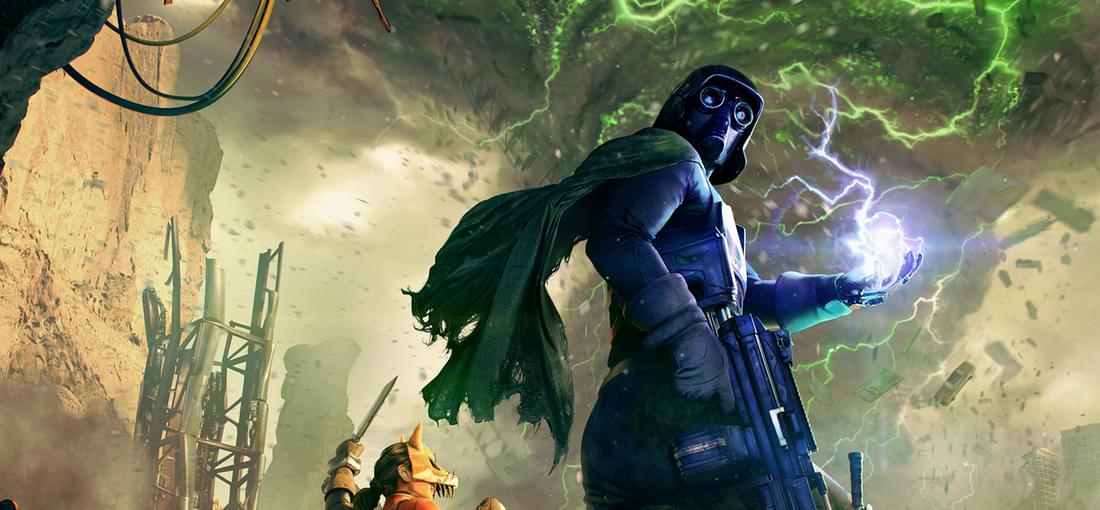
Encased is a CRPG with turn-based combat and classless character development system. There are numerous gameplay systems supporting a wide range of playstyles and approaches. Also these very systems are at odds with each other - Fatigue increases for cracking open locked containers and non-lethal melee attacks, but not hacking or stabbing people. There are crafting and quite a lot of materials scattered, but not enough to use devices or upgrade weapons. The skill checks are static and RNG-free - the requirements are either passed or not and usually there are several ways to achieve the objectives. Non-combat builds are meaningful and viable throughout the game. There are a lot of equipment pieces, but the inventory management is most uncomfortable. The companions have personalities, character development, their own combat styles, and unique equipment, while their approval depends on the protagonist’s regular actions. They also can help in several story interactions and use their skills outside of dialogues. On the other hand, they do not have any quests after recruitment. The writing is mixed - while it presents a coherent narrative, there are some translation issues and it is not clear what the story is trying to tell, except that Fallout is inspirational. The protagonist’s appearance or Wing are never addressed, the only aspect that a vastly different experience in the story is the low Intelligence (Brains) attribute. The pacing is uneven, with the majority of quests and locations being in the first half, while in the second both the density and the flexibility decrease rapidly. The game has several accessibility options including subtitles, item and field-of-view highlights, rebindable controls, and manual saving at will. Though, in a few cases item highlighting does not work. The 3D graphics are adequate, the 2D images are most impressive, the soundtrack is present and not annoying, the voice-acting is partial and usually on point.
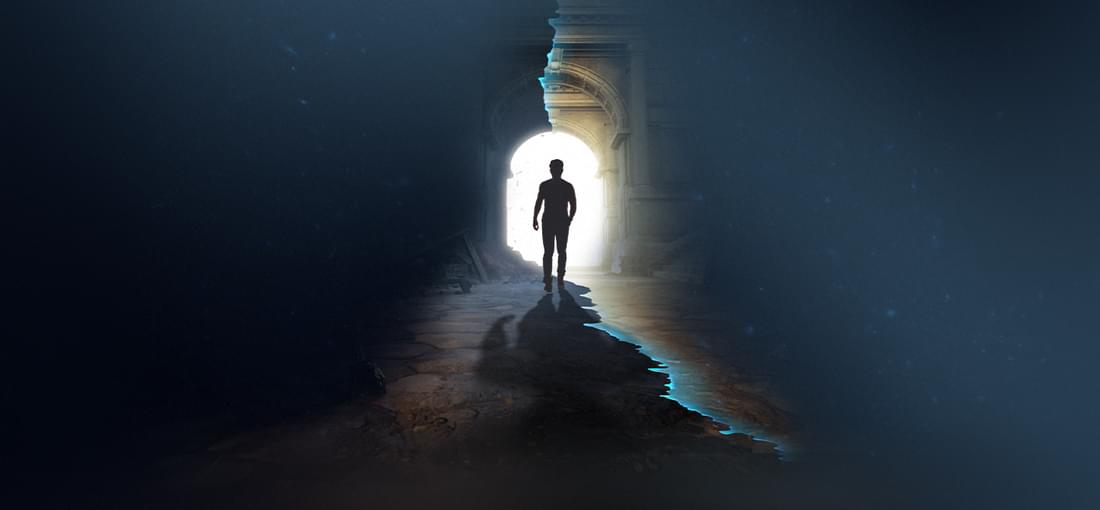
The Forgotten City is a first-person mystery adventure with light action and platforming. The story is focused on a modern person who gets trapped in a time loop in an ancient Roman City under a curse. “The many shall suffer for the sins of the one” translates to all denizens dying should any of them commits a “sin”. While there are several ways to accomplish objectives, including persuasion, trade, lie, bribery, and violence, not all NPCs drop the quest items they can give upon death. The characters are interesting and believable, with their own motivations and the daily routine they follow. The protagonist is customisable, including gender, skin colour, and background/class, with the latter providing gameplay advantages, and the dialogue options and actions offer roleplay, while the game itself acknowledges the actions taken and the information gathered. The knowledge and items the protagonist has carry over between time loops. There are several vastly different endings with various conditions to achieve. The combat is mostly optional and reasonably comfortable - the melee option is limited to kicking only and cannot be performed on non-hostile NPC, the ranged weapons offer 3 types of weapons, which allow to attack non-hostile NPC first. One of ranged weapons is used for puzzles and platforming as well as combat. The platforming is light and mostly avoidable, though resetting the time loop requires running. The controls are comfortable and rebindable. The visual style and graphics are impressive on any settings, and the game runs reasonably well on a wide range of hardware. The voice acting is excellent, with all lines fully voiced in English. The soundtrack is present, fitting, and non-intrusive (except for the action sequences). Overall, it is an excellent game and highly recommended.
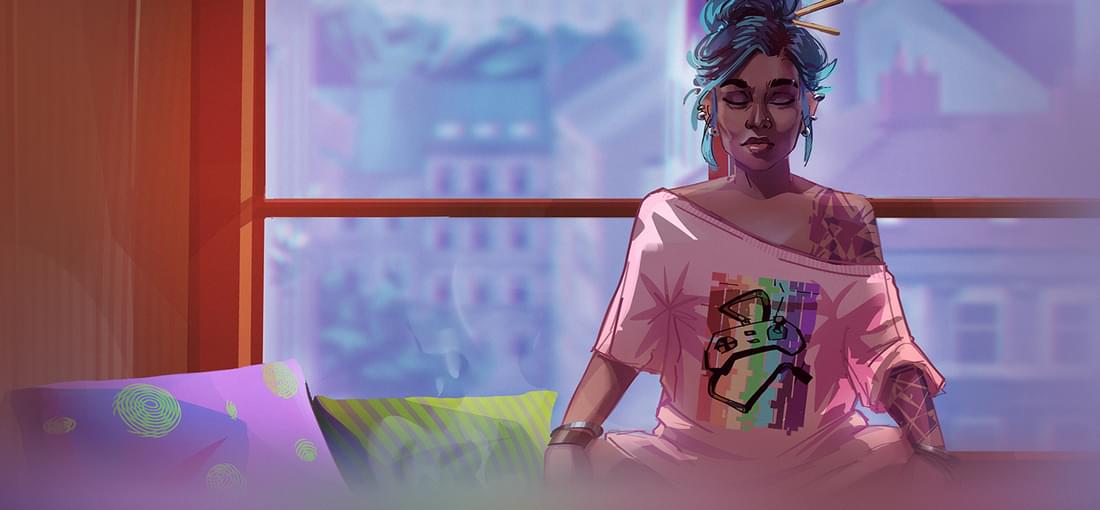
Song of Farca is an adventure game in a cyberpunk setting. The story follows a private investigator, Isabella Song, under house arrest in the city of Farca as the tensions between the citizens and the corporations are rising. The main character’s personality and manner of speech are predetermined, and might be off-putting. She, a gay cis immigrant woman, uses homophobic slurs, casually threatens, blackmails, and sends a random person to prison without conclusive evidence. Additionally, the police are presented as well-meaning but powerless, while the protesters are universally sociopathic. Finally, the game briefly raises the topic of domestic violence without offering a resolution or providing agency to the survivor. On the other hand, the setting itself features a diverse cast of characters, though it was hard to notice differences in the manner of speech, and the dialogues are not voiced. As typical for adventure games, many dialogues are linear or the options are meaningless, making some of the story-significant choices hard to notice. The game structure is comfortable - the cases are clearly separated and mostly self-contained. There are several types of puzzles - finding the information in a location from a top-down view, with all interactive objects, clues, and characters clearly marked and dialogue-based "conclusions" - combining two pieces of information into an argument to convince an NPC. At the beginning, there are no direct penalties for failing and retrying puzzles or time limits, but from mid-game and onward failing some of the puzzles affects the story, and it is not clearly communicated which of them allow retries. There are no hotkeys, the game uses auto-saves, it is impossible to skip cutscenes, actual choices and consequences are unmarked. On a positive note, the objective and the number of clues to discover is shown and it is possible to reset a location to its original state. Also there are several hints for the puzzles.

Blue Fire is a platformer/metroidvania with combat. The location design is mostly fine for a platformer - it is expressive and provides the space and challenges for traversal, but it does not quite make sense in terms of realism, with the Void (challenge rooms) having floating platforms with spikes, though in many cases it was hard to tell whether it was the right path. The penalty for falling is very merciful - 1/4 of a heart and returning to the nearest safe platform, except for the Voids, which return to the last checkpoint within the room. The controls are partially rebindable and comfortable, the movement is very fluid and enjoyable. The traversal abilities, such as double jump or wall-running, are obtained during the course of the main story. The character development system includes the health (for completing the platforming challenges), mana (for XP from combat), damage (the swords found, no difference in the movesets, only a flat damage increase), and passive abilities (e.g. higher movement speed or negating the falling damage). On the other hand, the robes are somehow amusing, though they do not provide any gameplay advantages. As for the story, it is certainly present, but somehow as generic as it can be - the protagonist is the Chosen One to save the World and the flying Castle in particular, from the Darkness by visiting several Temples, collecting or activating several magical seals, and defeating the Corrupted Beings within the Temples. There are side quests on the same level. Similar issue with the combat - it is there, but poorly made. Bosses are diverse, though the early ones are not quite engaging due to the combat system, which itself is serviceable, but neither deep nor satisfying, despite having several attack and defence options. No major bugs have been encountered during the game. In conclusion, despite the level design and story, the action/platforming-focused gameplay is quite enjoyable, even if simplistic.

Expeditions: Rome is a party-based RPG with turn-based combat. I have not finished the game and unlikely to do so. In almost every aspect, it is downgraded from the previous game in the series, Expeditions: Viking. The only improvement is the combat, which is more fluid and encourages a more active playstyle (killing a low-level foe restores an action point). The area map was removed, so were the mercenary (custom companion characters) customisation, non-lethal combat, and the dialogue options were significantly reduced. The story NPC companions cannot be dismissed and their deaths lead to game over. The campaign itself is bloated and the main missions force to use these story companions, but only one of them is allowed for the region conquest battles, the rest of the party must consist of the RNG’ed mercs, who take their equipment with them when they retire between acts. The region conquest consists of the Legion battles (mini-games) and the final actual tactical battle. The conquest cannot be skipped or avoided. Rome introduces more explicit character classes, each with 3 skill trees and certain equipment restrictions. During the game a character of each class is recruited. The equipment pieces have the active abilities attached to them, independently of the class. The abilities are specific for a weapon class, but random for each piece and only 3 for each weapon set can be active. To craft a weapon, the components and the recipe are required, and the crafting itself takes time. The non-combat abilities were almost completely removed - there are 3 rhetorics, which rarely allow to avoid a battle or to ask for money. In general, there are less roleplaying choices than in Viking and the ones present affect mostly the attitudes of the companions, which affects only their combat resistances. The controls are rebindable. The optimisation is poor and the camera angles and the field of view felt uncomfortable, which was amplified by the lack of the area map.